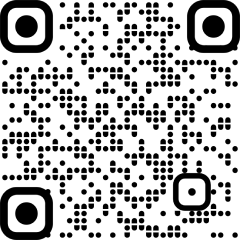
Delhi HC directs Centre to address petition on Ichthyosis care and disability classification, ET HealthWorld
New Delhi: The Delhi High Court has directed the Centre to treat a public interest petition (PIL) as representation, seeking the formation of a committee to oversee the care of patients suffering from Ichthyosis.
The petition also requested the Ministry of Social Justice and Empowerment and the Ministry of Health and Family Welfare to categorize Ichthyosis as a disability under the Rights of Persons with Disabilities Act, 2016 (RPWD Act).
The bench of Justice Manmohan and Justice Tushar Rao Gedela issued direction on Tuesday stating that the Ministry of Social Justice and Employment treat the present petition as a representation and decide the same in accordance with the law, as expeditiously as possible, after giving an opportunity of hearing to the Petitioner and after taking input from the concerned experts, committees.
The plea, moved by the Center for Ichthyosis Related Members Foundation through advocate Arvind, states that there is no permanent cure for Ichthyosis, and individuals affected by the condition face widespread discrimination, enduring both mental and physical suffering.
The petition further highlighted that many individuals suffering from Ichthyosis do not possess identity documents, as the disease prevents them from having their biometric details captured.
It is also stated that Ichthyosis meets the criteria outlined in Section 2(s) of the RPWD Act, but because it is not officially recognized as a disability, those affected are denied the benefits available to persons with disabilities under the Act.
The petitioner refers to a notification dated 23rd September 2022, from the Ministry of Women and Child Development, which classifies Ichthyosis as a skin disease requiring long-term treatment.
Additionally, the petitioner pointed out that they had submitted a report on 17th February 2024 to the Ministry of Health and Family Welfare, and received a response on 3rd May 2024.
The response identified twelve centers of excellence, suggesting that any of them could be approached for treatment. However, when the petitioner contacted the head of one of these centers, they were advised to visit NIMS for genetic testing, which is costly and unaffordable for many patients with severe Ichthyosis.
The petitioner also approached Dr. Pragnya Ranganath, who informed them that government policy does not classify Ichthyosis as a rare disease due to the lack of a cure.
Furthermore, a response from Dr Rashmi Sarkar indicated that they were unaware of the specific challenges faced by Ichthyosis patients in India. (ANI)
Visit: Valley Vision News







